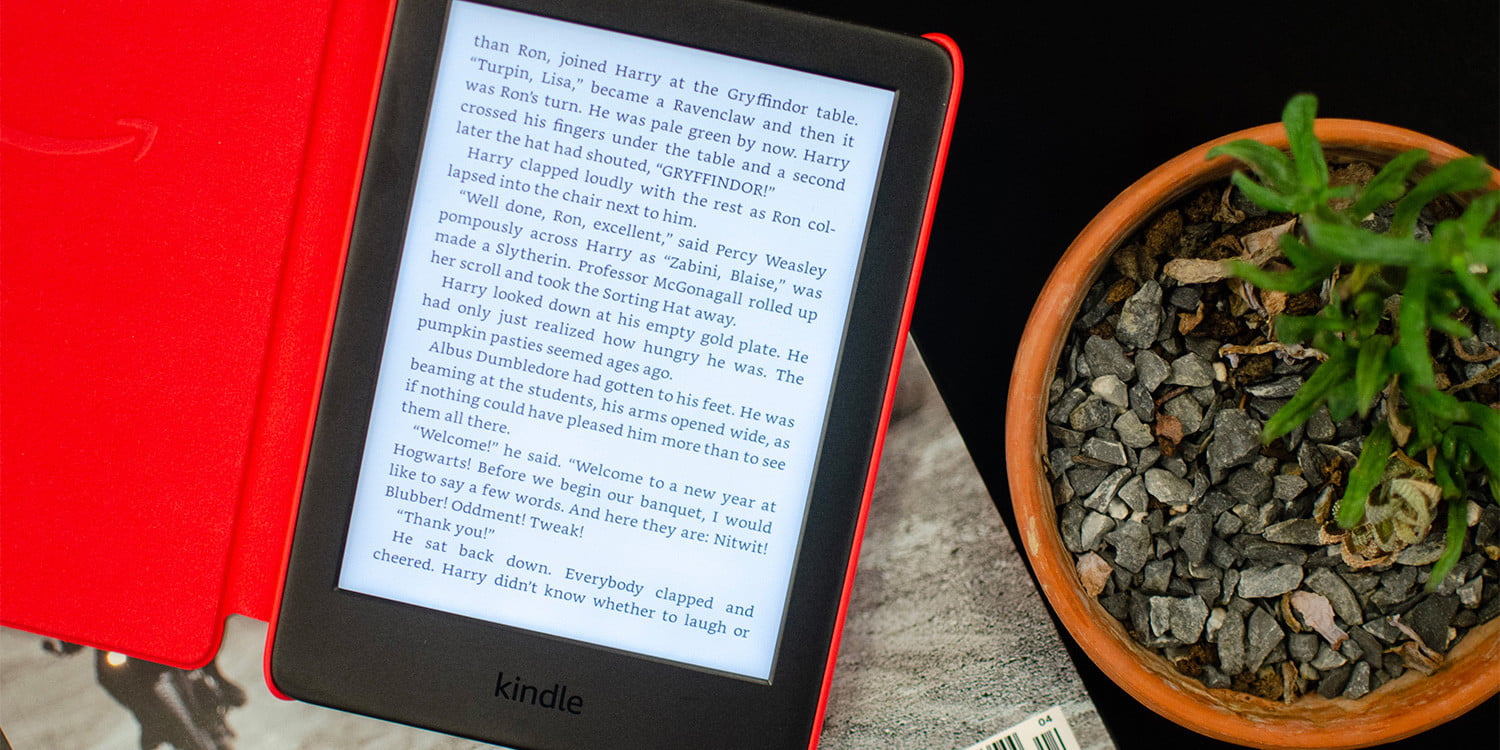
I love reading and I have several Kindle models, from the very first to the Paperwhite, and I love them all.
However, due to my profession, I am used to keeping an eye out for potential threats. Technically, Amazon owns the content you view. They can even take it away at any time. There were quite a few cases when Amazon deleted a book from a user's device . It happened that Amazon blocked the account and access to all purchased books .
Traditional books struggle to compete with the functionality that the Kindle can provide. Bookmarks, notes, sync between devices, last read page and so on. The Kindle also shows ads for which book to read next.
I was wondering if the Kindle is only sending the most essential information to support this functionality, or is it sending some more personalized information about me?
As it turns out, the Kindle collects a lot of information.
The Kindle sends information about the device, metadata, details of each interaction with the device or application during use. All information is linked to the reader's account.
My book sent 100 requests to the Amazon servers, and I just opened the book and turned over a couple of pages:

(open in a new tab for a larger size)
Unreasonable amount of information
Kindle collects information about literally everything, down to every tap (click) of the user.
Every time you open a page, the following information is sent to the server:
- Page open time (every time you open a new page a timestamp is generated)
- First character on the page (index, for example 7705 in the book)
- The last character on the page
- Whether the page is text or an image
An example of data sent when opening a page:
{
"created_timestamp": 1597743233808,
"payload": {
"context": "Reading",
"continuous_scroll_state": "disabled",
"end_position": 4708,
"is_scrolled_over_span": false,
"span_type": "Text",
"start_position": 4193
},
"schema_name": "kindle_positions_consumed_v2",
"schema_version": 0,
"sent_timestamp": 1597743233855,
"sequence_number": 26
}
Each session is also recorded. The Kindle sends information about how many pages you've read, in which orientation (horizontal or vertical):
{
"created_timestamp": 1597743255324,
"payload": {
"action_type": "PageTurn",
"book_length": 2003478,
"context": "Reading",
"count": 10,
"navigation_end_location": 7884,
"navigation_mode": "Horizontal",
"navigation_start_location": 3599
},
"schema_name": "reader_in_book_navigation_v2",
"schema_version": 0,
"sent_timestamp": 1597743265854,
"sequence_number": 36
}
Similar information is sent when the application is opened, whether it is in the background, when it was opened, when it was closed. The time of changing the font and its size is also sent. Every word you highlight is sent to the translation servers Bing or Wikipedia, and then to Amazon.
This information is hardly used to determine which page you left off.
Most of the information is not sent immediately. And it is collected in a kind of buffer. Even if you are reading offline, all information is sent in chunks as soon as you connect to the internet.
Device Information
The Kindle sends information about the device, including the one that I would not like to shine.
- Country of Residence
- Attempts to connect to the network (10 addresses)
- Device information - version, size, model (you can read it on iphone, android, Kindle, etc.).
- Good Reads account information
- Device orientation
Probably this data helps Amazon better understand users, but information about IP addresses is clearly superfluous. I didn't find any geolocation information, but that would be just great.
conclusions
The Kindle is far from accusing it of collecting personal data. Nevertheless, it collects a lot of unnecessary behavioral information. For a year, I tried to get rid of the Kindle ecosystem and switched to Marvin reading from the iPhone. I don't use Kindle anymore, but I miss e-Ink.
Unfortunately, DRM-free books are hard to find.